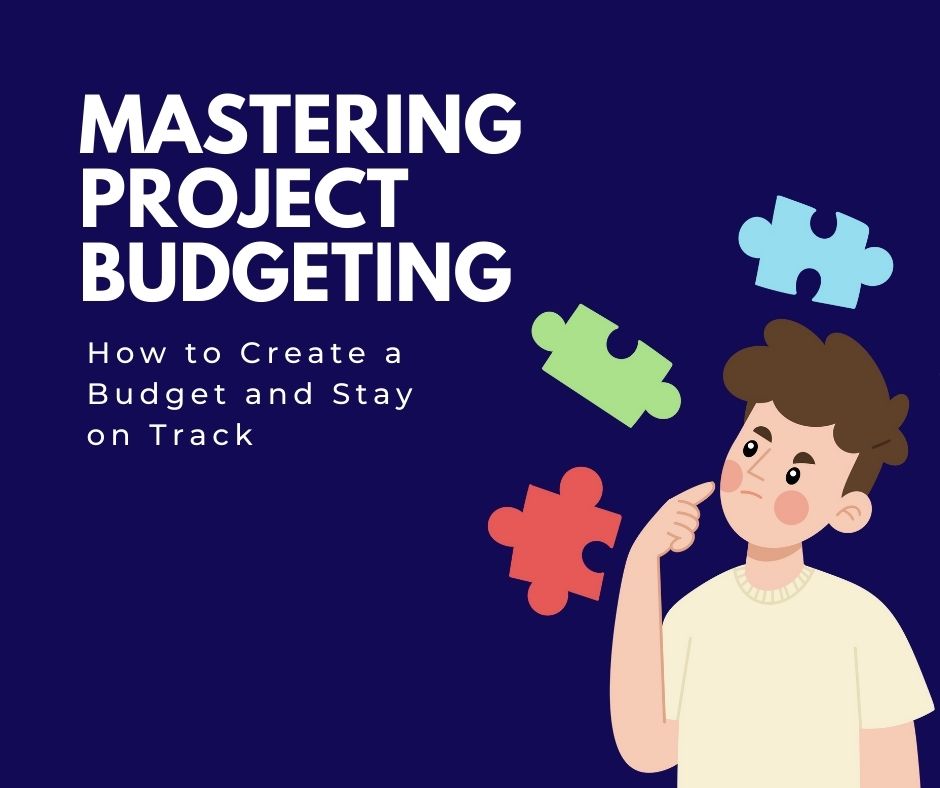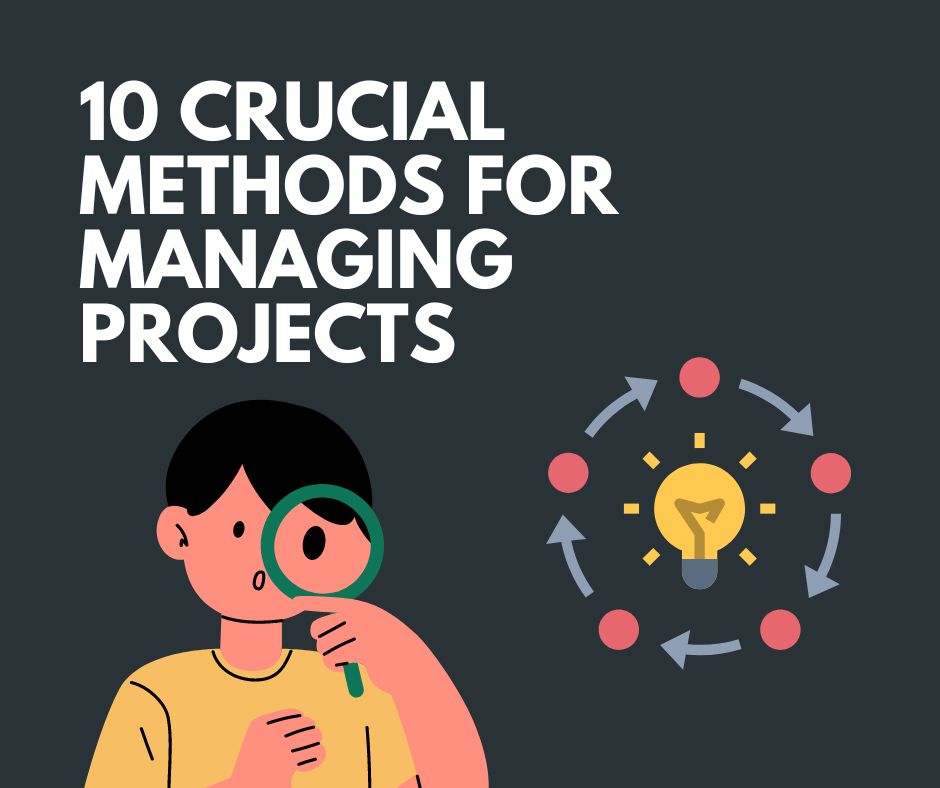Are you sick and weary of projects running over budget and endangering the viability of your business? For project managers to ensure successful project delivery while keeping costs in check, effective project budgeting is a critical ability. In this post, we’ll walk you through the process of developing a project budget and offer helpful advice to keep you on track while minimising time and expense.
We are all aware of the difficulties in managing project budgets. Even the best-laid plans can be abruptly derailed by unanticipated costs, scope changes, and resource limitations. However, with the right budgeting strategies and a methodical approach, you may get beyond these challenges and complete projects within your set spending limits.
Setting Project Scope and Deliverables: Setting project scope and deliverables is essential before beginning budgeting. You can estimate the resources and expenditures necessary to complete any work with accuracy if you have a clear idea of what needs to be done. A complete budget can be built on the solid ground of a well-defined scope.
Finding Project Costs: It’s critical to find out every project expense in order to develop an exact budget. These expenses may be direct (such as labour, tools, and materials) or indirect (such as overhead and administrative costs). To provide a full evaluation, take into account both fixed and variable costs.
Creating a Budget Plan: Once you have a firm grasp on the project’s requirements and prices, it’s time to create a budget plan. Divide the project’s overall cost into manageable parts and allot money to each task and activity. Be thorough when predicting expenditures, and think about including a reserve fund to handle unforeseen charges. A well-organized budget plan will act as a guide for managing finances over the course of a project.
Tips for Staying on Track:
Costs should be regularly monitored and controlled by comparing actual spending to your budgeted amount. Early detection and fast correction of any deviations are required. You’ll be able to maintain financial restraint and avoid expense overruns with the aid of this proactive technique.
Effective contact: Throughout the project, keep lines of contact with stakeholders open and transparent. Inform them of any budgetary restrictions, developments, and cost-impacting adjustments. Conflicts connected to budgets are less likely when stakeholders are included in the budgeting process, which improves understanding and cooperation.
Spending Prioritisation: To maximise budget use, give tasks and activities that are essential to the success of the project top priority. You may maximise return on investment and make sure that the project’s main goals are achieved while staying within budgetary restrictions by concentrating resources on high-impact areas.
The ability to master project budgeting is essential for project managers. You may develop a reasonable budget plan, successfully manage costs, and maintain focus throughout the project lifespan by following the procedures mentioned in this article and putting the supplied advice into practise. In addition to ensuring financial stability, effective project budgeting also builds your reputation as a qualified project manager who consistently completes projects on time and within budget.








